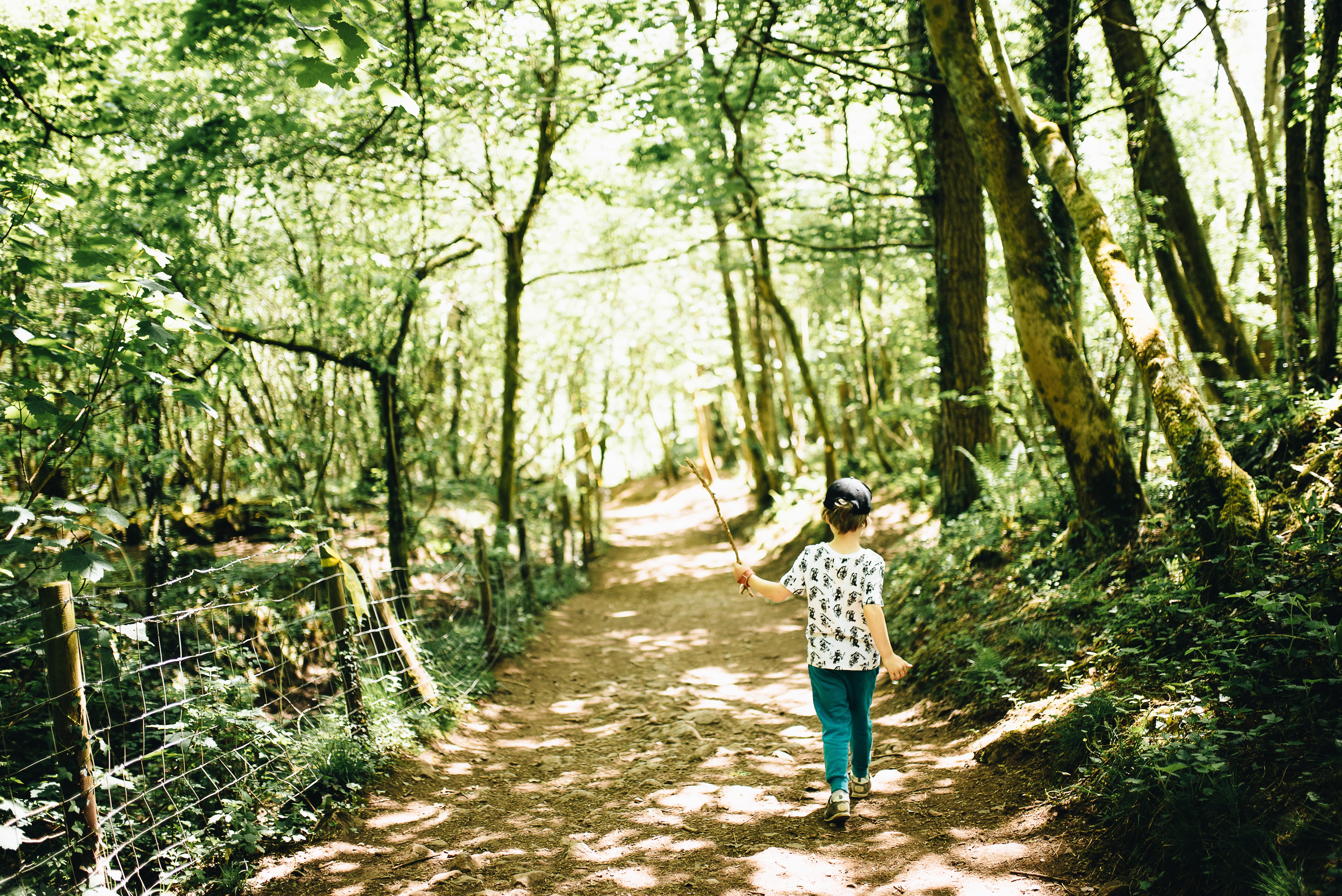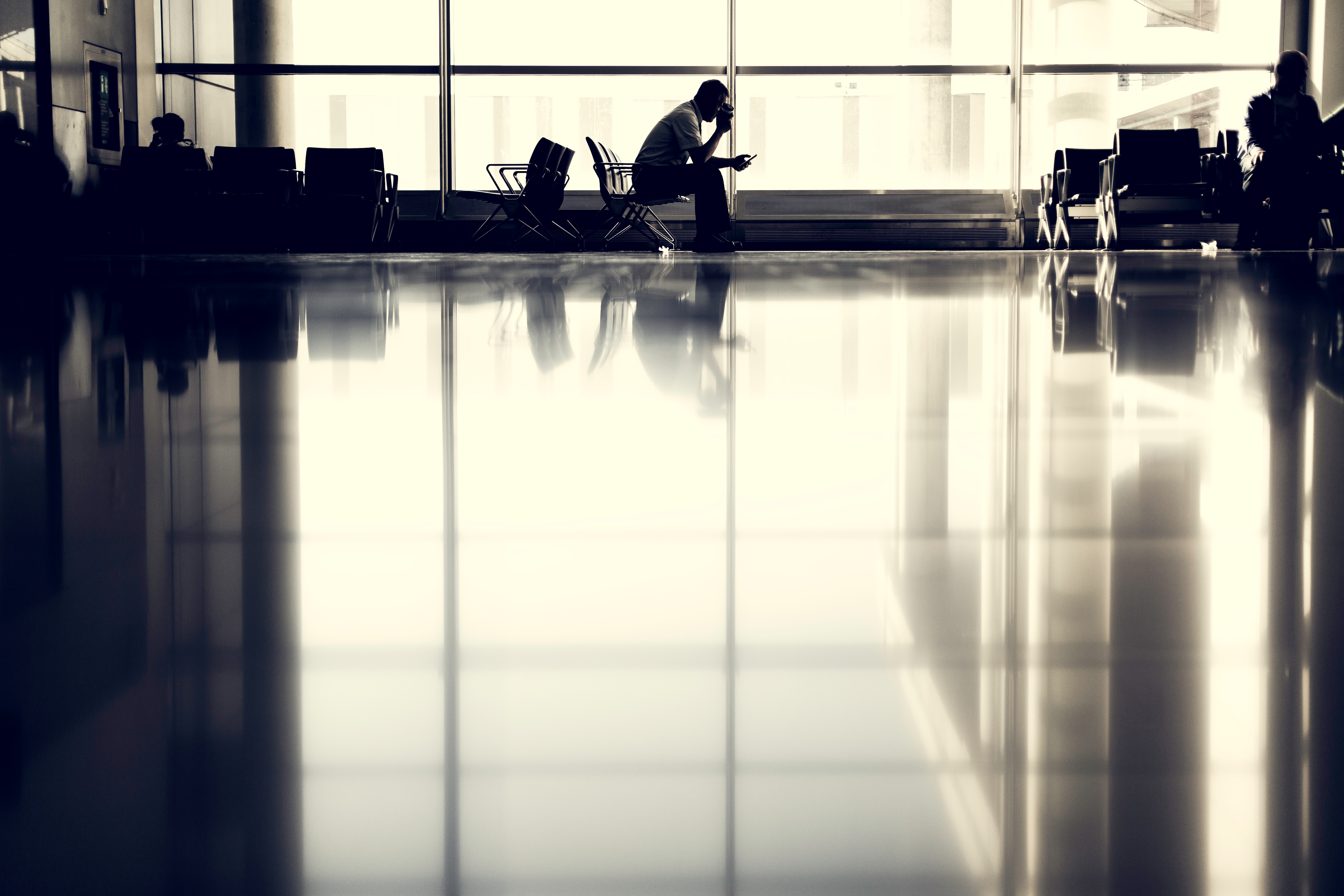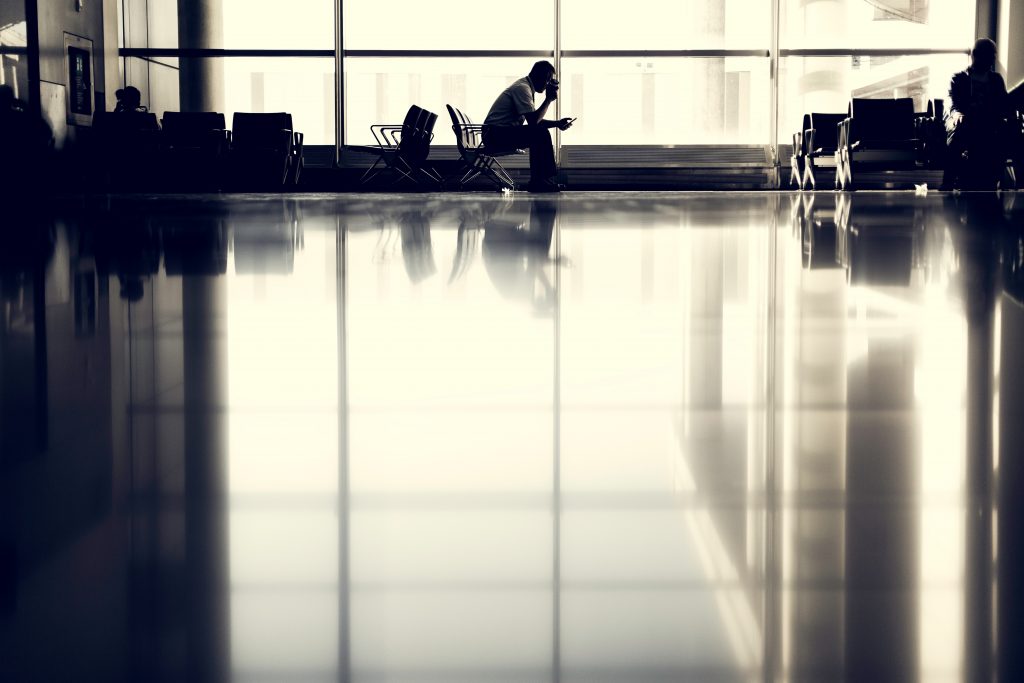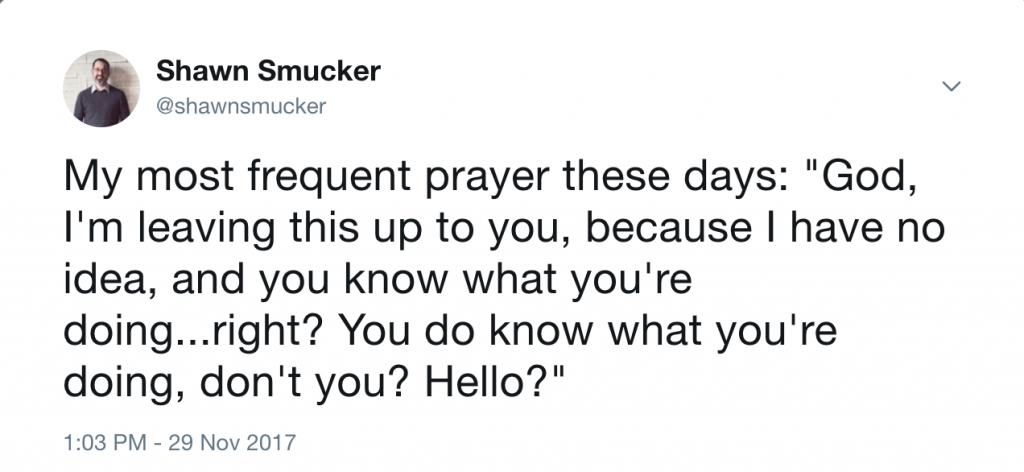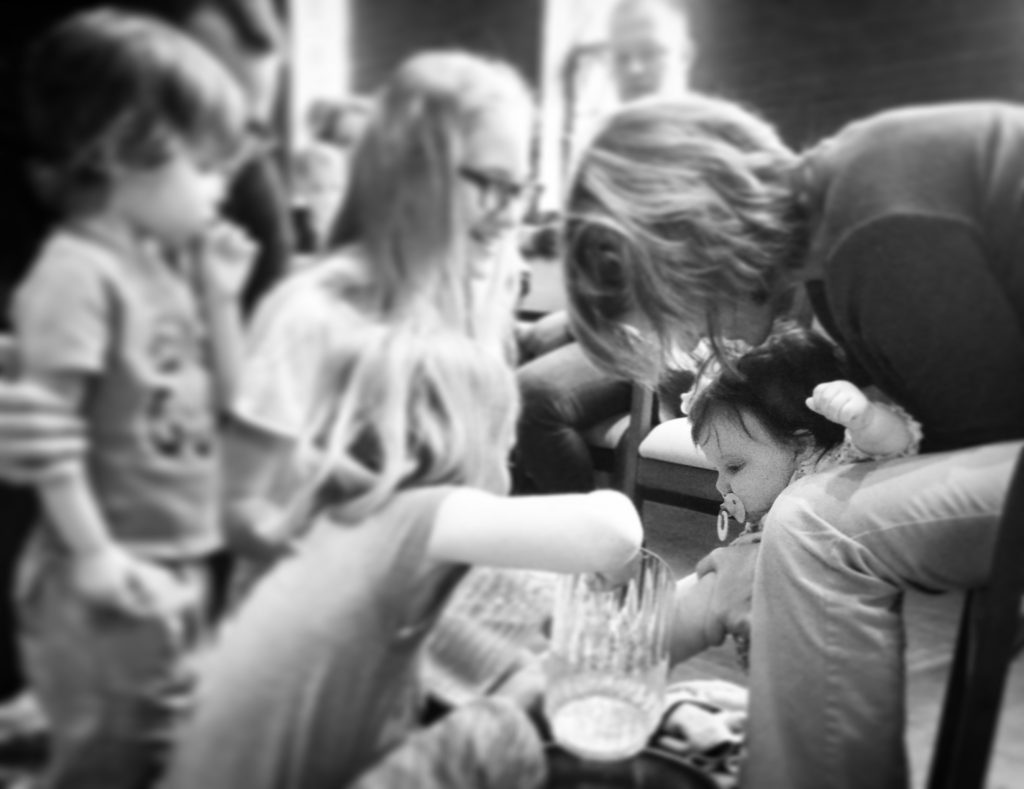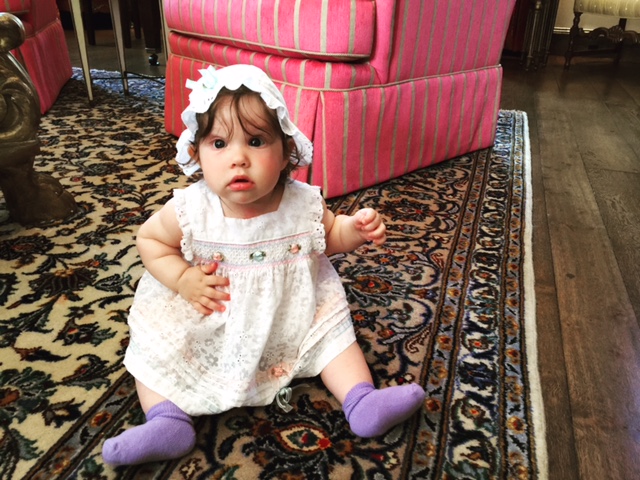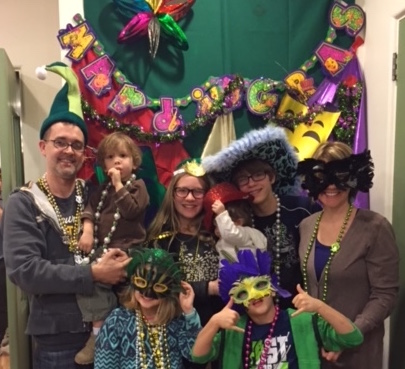When I was a child, my family attended a church in the wooded hills that line Lancaster and Chester counties in central Pennsylvania. I haven’t been there for 25 years, but I could still tell you the details of the drive from my house to church. And that shouldn’t surprise you – we were there at least once on Sunday mornings, every Sunday night, and every Wednesday night. It was a well-worn route from the farmhouse where we lived, over country roads, through tiny, middle-of-nowhere villages, past farms and creeks, and finally around the last bend and up the hill to the church driveway.
When I was little, and the church was young, our Sunday School class met in the basement. I remember the dark trek down the stairway lined with wood paneling, into the wide, low-ceilinged basement and then dashing to the room where our class met off to one side. I loved that church more than anything. All my best friends went there. Eventually, my father would be the associate pastor, so it felt like everyone knew me. I was at home there. I felt loved, which is no small thing for a child.
What I’ve been thinking about a lot lately are the Sunday School lessons I learned in that tiny basement room. I remember my teachers, and in those days we had the high-tech flannel boards with the flannel figures that only occasionally stuck. And lately I’ve been thinking about one lesson in particular, the lesson that begins with a religious leader trying to justify himself by asking, “And who is my neighbor?”
And who is my neighbor?
It’s hard to ask that question in the context without sounding self-righteous. Come on, Jesus. I know I’m supposed to love my neighbor – that’s clear in scripture. But I need a definition so that I can follow the letter of the law. Surely there are limits to such a command.
I remember Jesus’ response. I remember my teacher putting the flannel characters up on the board, the Jewish man beaten by thieves and left dying on the side of the road. I remember the tenderness of my teacher, explaining how first a priest passed him by, and then a Levite, both experts in religious law, both too concerned with other things, both justifying their actions in various ways. And then, the Samaritan came along, a man who had no reason to stop in that dangerous territory and help a Jew. Yet he did.
I remember finding the story almost comical, too far-fetched. None of the religious leaders I knew in my church would ever walk by someone who needed help! After all, we served the homeless and the poor. We visited people who were sick. We gave money to anyone who needed it. What kind of crazy story was Jesus telling?
I no longer attend that church, but I find myself thinking back to the adults there who formed my faith, as well as the other kids in my class, now grown with families of their own. I see the news and wonder if they remember that story. I hear statistics that say nearly 80% of Evangelicals think we have no responsibility to help the world-wide population of refugees. I watch as people I went to church with argue that it is no bad thing for immigrant children to be separated from their parents.
We grow up, and we so easily forget the simplicity with which we heard the gospel as children.
Who is my neighbor?
The question echoes in my mind. How quickly this life can make us cynical and hard. How quickly painful life experiences lead us to forget the simplest and most straightforward commands of Christ. Our idolization of nationalism, or strength, or security, help us rationalize what is good, what is acceptable. And years pass. And we find ourselves so far from the path we set out on, tangled in the woods of a life dedicated to our own well-being.
Who is my neighbor?
I see the news and I wonder. I wonder what actions and opinions are now practiced by the beautiful people I grew up going to church with. I wonder if, in a complex and changing world, any of us can find our way back to the simplest commands of Christ.
“Which of these three do you think was a neighbor to the man who fell into the hands of robbers?”
The expert in the law replied, “The one who had mercy on him.”
Jesus told him, “Go and do likewise.”
It’s really so simple. Who is a neighbor? The one who practices mercy. Mercy. Go and do likewise.

